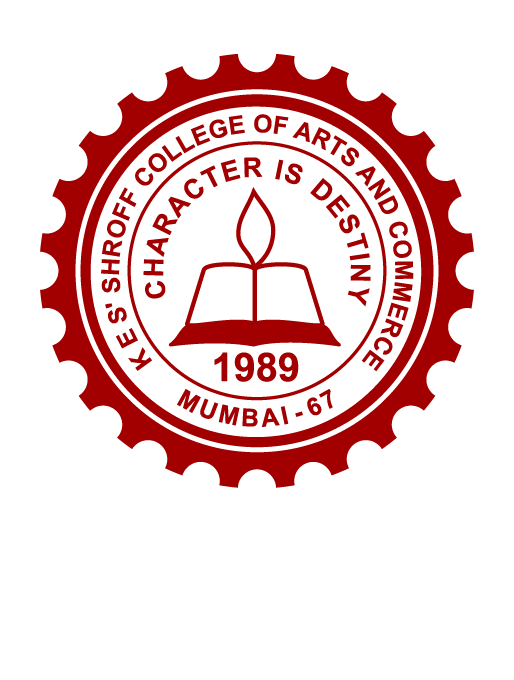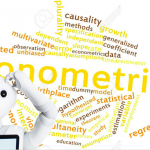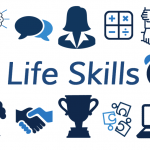Centre for Universal Human Values
“A teaching university would but half perform its function if it does not seek to develop the heart-power of its scholars with the same solicitude with which it develops their brain-power. Hence it is that the proposed university has placed formation of character in youth as one of its principal objects. It will seek not merely to turn out man as engineers, scientist, doctors, merchants, theologists, but also as men of high character, probity and honour, whose conduct through life would show that they bear the hallmark of a great university”.
– Pandit Madan Mohan Malaviya

About the Center
The Centre for Universal Human Values is a landmark association that works to inculcate abilities beyond the formal curriculum of the students. Developing abilities like leadership skills, managerial skills, communication skills, human values and ethical conduct are all the core feature of the Centre. Centre strives to create responsible and promising students as a contribution to the society.
Human Values and Ethics define the quality of a person or an organisation or society at large. Practitioners of values and ethics learn these lessons through self-initiated endeavours, through the life experience that is the greatest laboratory of learning, and through the educational institutions, those they attend. Hence, the educational institutions themselves need to be values and ethics personified. It is needless to emphasise that education is the most important pillar of a civilized and dignified society. The entire structure of society or nation depends on the strength of this pillar. If this pillar is strong, society would remain humane and would prosper. If this pillar develops some fractures, the society may enter into sub-human phase. Thus, there is a need to keep emphasising the importance of human values in educational institutions. Human values and ethics are not like motor skills, which once mastered remain with forever. They are not skills, they belong not even to the domain of mere knowledge, they in fact belong to the domain of subtler understanding and practice. Aadi Shankar suggested that subtler aspects of human values need to be nurtured and protected with care, as a mother protects the womb. Values and ethics have nature of camphor – they evaporate if not preserved carefully. Hence there is a need to discuss and streamline the process that helps to infuse the culture of human values and ethics in educational institutions. Knowledge is power but practice and implementation of human values and ethics demand action-orientation, supported with pro-active culture in institutions.
Chairperson:
Mr. Samrat Srivastava
Members:
1. Ms. Florence Noah Christian 2. Ms. Ganga Warriar
3. Ms. Jaanvi Joshi 4. Dr. Sonika Gupta
1. To enhance the ability of the students
2. To inculcate morality amongst students
3. To develop spiritual and emotional quotient among students
4. To develop a spirit of patriotism
1. Gain Self Competency and Confidence
2. Practice emotional competency
3. Morality will be a living concern for students
4. Holistic development of student’s personality in terms of physical, mental, emotional and spiritual wellbeing
5. Will imbibe desire for national integration and develop democratic way of thinking
Activities
1. Outreach Program on Human Values and Professional Ethics
2. Training, workshop and orientation programs for students.
3. Assignments and short projects on tenets of human values.
4. Promoting human values through social services
5. Interface with the societies, NGOs and similar organizations.
6. Promotion of Human Values and Professional Ethics
7. Display of ethical and human value thoughts and edifications at public places.
8. Placement of ethical and human value thoughts and edifications in official correspondence.
9. Annual activity plan for value promotion activities.
10. Engagement with the senior citizens at Old Age Home and with the destitute children.
11. ‘Ethics Audit’ by Ethical Management departments
12. Formation of the 4-H club (Head, Hand, Heart, Health).
13. Organizing workshops to train teachers of various institutions in this field
14. Organizing Symposia, Seminars, and Short-term Courses on relevant topics to promote awareness on such issues among students.




